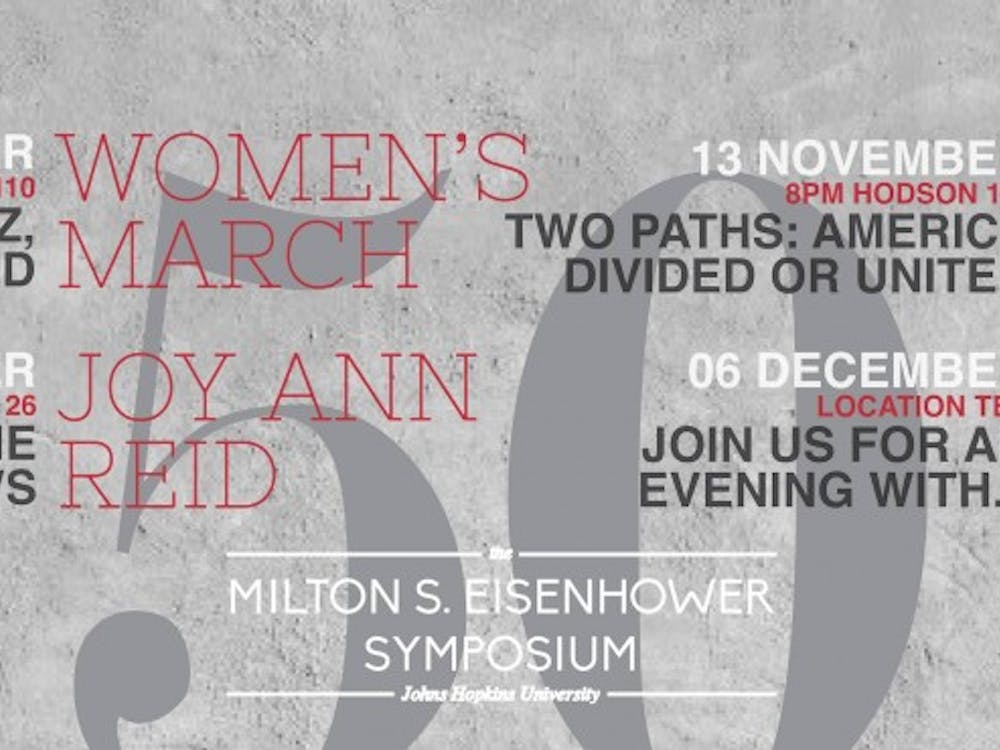This is no doubt this is a feeling many of you, the readers, are familiar with. With this highly unpleasant sensation reminding me of my gross failures as a human being, I sit down to write yet another movie review.
Even though I spent most of Saturday night melting holes in my liver, I did manage to be responsible on Friday and stayed in. That gave me the opportunity to watch La Haine, which was actually a French class assignment. The real challenge is writing a review while my brain is being dragged across a cheese grater, but here it goes.
La Haine is a movie from the country that brought us a short tyrant, the statue of liberty and a fair amount of nice art — France.
One does not usually equate France with poverty, police brutality and racial tensions.
Yet, all those problems and more are addressed in Mathieu Kassovitz’s 1995 film La Haine, which translates to “The Hate.” The movie follows three young men, Vinz (Vincent Cassel), Saïd (Saïd Taghmaoui) and Hubert (Hubert Koundé), who all live in the suburbs of Paris.
Unlike suburbs in the United States, French suburbia is essentially a collection of ghettos based around project-type buildings. Life is this already grim setting has been made worse by the beating of a resident by police, an event which sparked a riot and a subsequent increase in the police presence. During the riots, a police officer lost his gun and it is quickly revealed that Vinz has it. Gun in hand, Vinz promises that if Abdel (Abdel Ahmed Ghili), their friend who was hospitalized by the police beating, dies, then he will kill a cop.
A quick word on foreign language films; If you refuse to watch a movie because it has subtitles, you are an idiot. That is essentially the same as refusing to eat food with anything but your hands.
You are missing out, and if I could swear in this column, I could express my true feelings about some people’s problem with subtitles. Unfortunately, I will have to settle with saying that if the last several sentences describe you, then you are an imbecile and I hate you.
Despite the original conflict and the fact that Vinz carries the gun with him for a large part of the film, La Haine is hardly a crime thriller.
What it really is a movie about the helplessness of poverty and the navigation of a broken social system which is constantly falling into further disrepair. Vinz, Hubert and Saïd spend most of their day aimlessly killing time, which is undercut by the splicing of black frames showing only the time in between scenes of the three doing nothing.
At the same time, despite the mundaneness of their lives, there is a sense that all three young men are constantly being persecuted, as if the authorities are always after them.
Despite that, however, police in the film are generally portrayed sympathetically. They are not an abstract evil but are more just people trying to do their job. Granted, this does not apply to all police in the movie. Paragraph break here, because I am going to go throw up.
That was nice, but back to the matter at hand. Adding to that sense of persecution is the gun which Vinz carries with him. That gun’s menace extends beyond its lethality. Not only is it a gun, but it is a cop’s gun, a tool of the oppressor in the hands of the oppressed.
It makes Vinz a hunted man, especially since guns are not exactly common in France. In addition, the presence of a gun and its importance to the overall story means that, adhering to Chekhov’s argument, it must be used at some point. Every scene is tense with the possibility that Vinz may choose to use that gun.
The concept of a looming menace in the film is furthered by the cinematography, which makes use of soft focus to obscure figures in the background, turning them into threatening shadows.
This is especially effective since background characters are fairly sparse in the movie. Thus, any person lurking in the back of the shot has threatening potential. The film’s use of black and white adds to the effect by turning each scene into a mélange of contrasting light and dark, deepening the substantial dark spaces.
The use of space in the film works to a similar end. Shots are often restricted to well defined spaces which place the three protagonists relatively dead center in the frame. When someone else enters the frame, the balance is disrupted and the mood is changed.
Artistically speaking, La Haine is well-worth all the praise it has won. That being said, it is hardly an easy watch and should not be confused with a blockbuster crime film. It also has one of the most infuriating endings I have ever experienced — and I spend entirely too much time watching movies.
I went into La Haine expecting it to be more of a crime thriller because, frankly, I knew very little about it expect that it was famous and French. That being said, so is Gauguin and he turned out to he a horrible pedophile. While that may not be a good comparison, the point rings true — or maybe not.
Things do not always meet expectations but that does not mean you can not enjoy them and enjoy this like I did. La Haine is, if anything, extraordinarily beautiful, and within that beauty is an ugly message about poverty, violence and the horrible inequality that infects societies all over the world.
I am not going to tell you that you should watch La Haine, because it is definitely not a movie for everyone. Including what I said earlier about foreign language films, this movie is fairly intellectual.
It is gripping but far from easy entertainment. I am rambling a bit, but what I am trying to get at is that if your ideal concept of a movie is something along the lines of Transformers or any romantic comedy in existence, probably do not watch La Haine.
It will just make you sad and angry. However, if you like art and being sad about social issues, here is a movie for you. A final note, this movie includes one of the most absolutely fire DJ mixes of all time, “Nique La Police,” which translates to “*ahem* the Police.” I guarantee you will never hear anyone mix “La Vie en Rose” with KRS-One and Biggie Smalls anywhere else. So there’s that.
La Haine is available to stream through Hulu Plus and as a special release via the prestigious Criterion Collection (in both Blu-Ray as well as DVD format), not to mention the other streaming options (Amazon Video).
Overall Score: 9/10

















